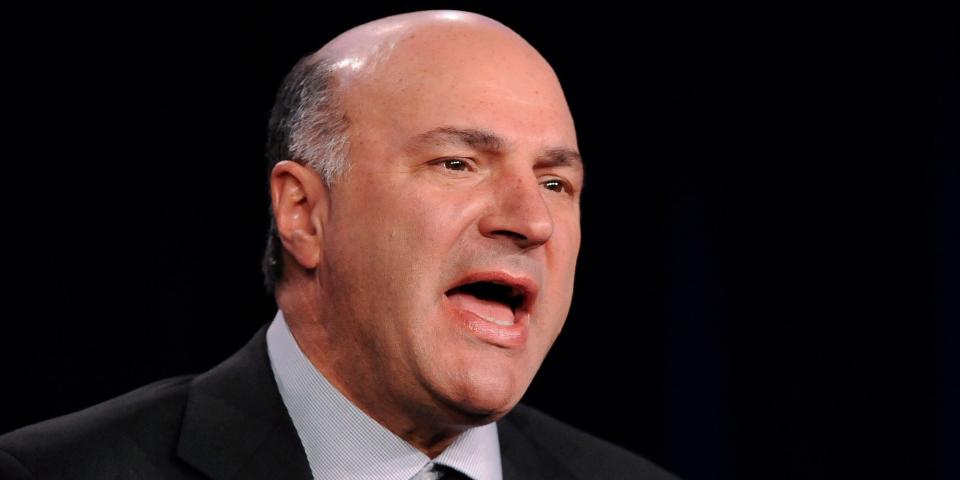Telus Corp. says it is avoiding offering “unprofitable” discounts as fierce competition in the Canadian telecommunications sector shows no sign of slowing down.
The company said Friday it had fewer net new customers during its third quarter compared with the same time last year, as it copes with increasingly “aggressive marketing and promotional pricing” that is prompting more customers to switch providers.
Telus said it added 347,000 net new customers, down around 14.5 per cent compared with last year. The figure includes 130,000 mobile phone subscribers and 34,000 internet customers, down 30,000 and 3,000, respectively, year-over-year.
The company reported its mobile phone churn rate — a metric measuring subscribers who cancelled their services — was 1.09 per cent in the third quarter, up from 1.03 per cent in the third quarter of 2023. That included a postpaid mobile phone churn rate of 0.90 per cent in its latest quarter.
Telus said its focus is on customer retention through its “industry-leading service and network quality, along with successful promotions and bundled offerings.”
“The customers we have are the most important customers we can get,” said chief financial officer Doug French in an interview.
“We’ve, again, just continued to focus on what matters most to our customers, from a product and customer service perspective, while not loading unprofitable customers.”
Meanwhile, Telus reported its net income attributable to common shares more than doubled during its third quarter.
The telecommunications company said it earned $280 million, up 105.9 per cent from the same three-month period in 2023. Earnings per diluted share for the quarter ended Sept. 30 was 19 cents compared with nine cents a year earlier.
It reported adjusted net income was $413 million, up 10.7 per cent year-over-year from $373 million in the same quarter last year. Operating revenue and other income for the quarter was $5.1 billion, up 1.8 per cent from the previous year.
Mobile phone average revenue per user was $58.85 in the third quarter, a decrease of $2.09 or 3.4 per cent from a year ago. Telus said the drop was attributable to customers signing up for base rate plans with lower prices, along with a decline in overage and roaming revenues.
It said customers are increasingly adopting unlimited data and Canada-U.S. plans which provide higher and more stable ARPU on a monthly basis.
“In a tough operating environment and relative to peers, we view Q3 results that were in line to slightly better than forecast as the best of the bunch,” said RBC analyst Drew McReynolds in a note.
Scotiabank analyst Maher Yaghi added that “the telecom industry in Canada remains very challenging for all players, however, Telus has been able to face these pressures” and still deliver growth.
The Big 3 telecom providers — which also include Rogers Communications Inc. and BCE Inc. — have frequently stressed that the market has grown more competitive in recent years, especially after the closing of Quebecor Inc.’s purchase of Freedom Mobile in April 2023.
Hailed as a fourth national carrier, Quebecor has invested in enhancements to Freedom’s network while offering more affordable plans as part of a set of commitments it was mandated by Ottawa to agree to.
The cost of telephone services in September was down eight per cent compared with a year earlier, according to Statistics Canada’s most recent inflation report last month.
“I think competition has been and continues to be, I’d say, quite intense in Canada, and we’ve obviously had to just manage our business the way we see fit,” said French.
Asked how long that environment could last, he said that’s out of Telus’ hands.
“What I can control, though, is how we go to market and how we lead with our products,” he said.
“I think the conditions within the market will have to adjust accordingly over time. We’ve continued to focus on digitization, continued to bring our cost structure down to compete, irrespective of the price and the current market conditions.”
Still, Canada’s telecom regulator continues to warn providers about customers facing more charges on their cellphone and internet bills.
On Tuesday, CRTC vice-president of consumer, analytics and strategy Scott Hutton called on providers to ensure they clearly inform their customers of charges such as early cancellation fees.
That followed statements from the regulator in recent weeks cautioning against rising international roaming fees and “surprise” price increases being found on their bills.
Hutton said the CRTC plans to launch public consultations in the coming weeks that will focus “on ensuring that information is clear and consistent, making it easier to compare offers and switch services or providers.”
“The CRTC is concerned with recent trends, which suggest that Canadians may not be benefiting from the full protections of our codes,” he said.
“We will continue to monitor developments and will take further action if our codes are not being followed.”
French said any initiative to boost transparency is a step in the right direction.
“I can’t say we are perfect across the board, but what I can say is we are absolutely taking it under consideration and trying to be the best at communicating with our customers,” he said.
“I think everyone looking in the mirror would say there’s room for improvement.”
This report by The Canadian Press was first published Nov. 8, 2024.
Companies in this story: (TSX:T)


























